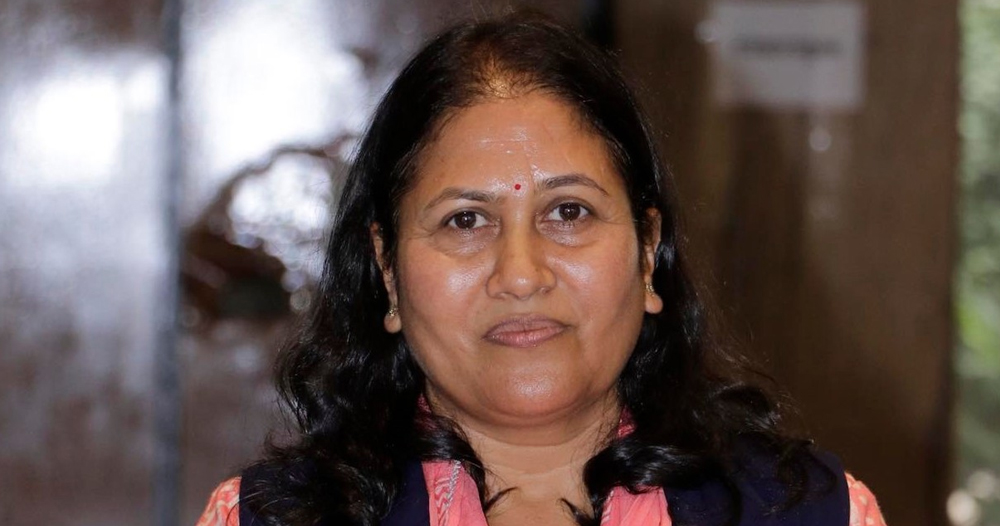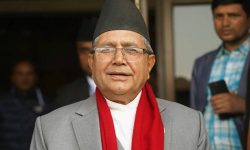Nepal’s Education Minister Resigns: A Rare Act of Conscience Sparks National Conversation

Kathmandu. In a political climate where resignations are often tied to scandal, court orders, or public disgrace, Minister Bidya Bhattarai’s recent step-down as Nepal’s Minister of Education has sparked a wave of public reflection on leadership, accountability, and moral courage.
Bhattarai resigned in the wake of massive teacher protests over the controversial new Education Bill. But unlike many political departures, hers was not forced. It was, as civic leaders and observers note, an act of conscience.
You may have done a thousand right things, but one wrong decision, and you’re finished, says Ishika Panta, founder of Project Abhaya, reflecting on the resignation. We’ve built a system where accountability is no longer an act of leadership but a death sentence where political survival is rewarded, and responsibility is punished.
Bhattarai’s decision, seen by many as a rare show of integrity, stands in stark contrast to Nepal’s usual political playbook. While male politicians are often given room to deflect, stumble, or survive scandals, a woman in power showing vulnerability is frequently read as weakness.
Was she perfect? No, Panta acknowledges. But accountability isn’t about perfection. It’s about having the courage to own what you couldn’t change and walking away when your conscience tells you it’s time.
The resignation has stirred deeper questions: What about the rest of the Cabinet and party members who endorsed and pushed the bill, ignoring widespread opposition? Article 77(1)(a) of Nepal’s Constitution allows ministers including the Prime Minister to resign. Yet, as critics point out, resignation in Nepal has long been a matter of compulsion, not moral clarity.
We say we want youth participation, more women in politics, and leaders who dare to dream differently, Panta says. But the moment someone does when a woman chooses principle over power we doubt her, question her strength, and accuse her of giving up.
As public debate intensifies, Bhattarai’s move is being framed as more than just a personal decision; it is becoming a symbolic test for Nepal’s political system. Will the country embrace a new kind of leadership one that values integrity over endurance, principle over position?
This isn’t just about Bidya Bhattarai, says Panta. It’s about the kind of politics we are building, the kind of country we claim to want, and the kind of leaders we’re too afraid to let exist.
For now, Bhattarai’s departure has opened a national conversation not just about education policy, but about the very nature of accountability, leadership, and political courage in Nepal.
Ishika Panta- Founder, Project Abhaya A feminist leader passionate about gender justice, youth empowerment, and civic courage — building programs that dare to disrupt the silence.








Comments